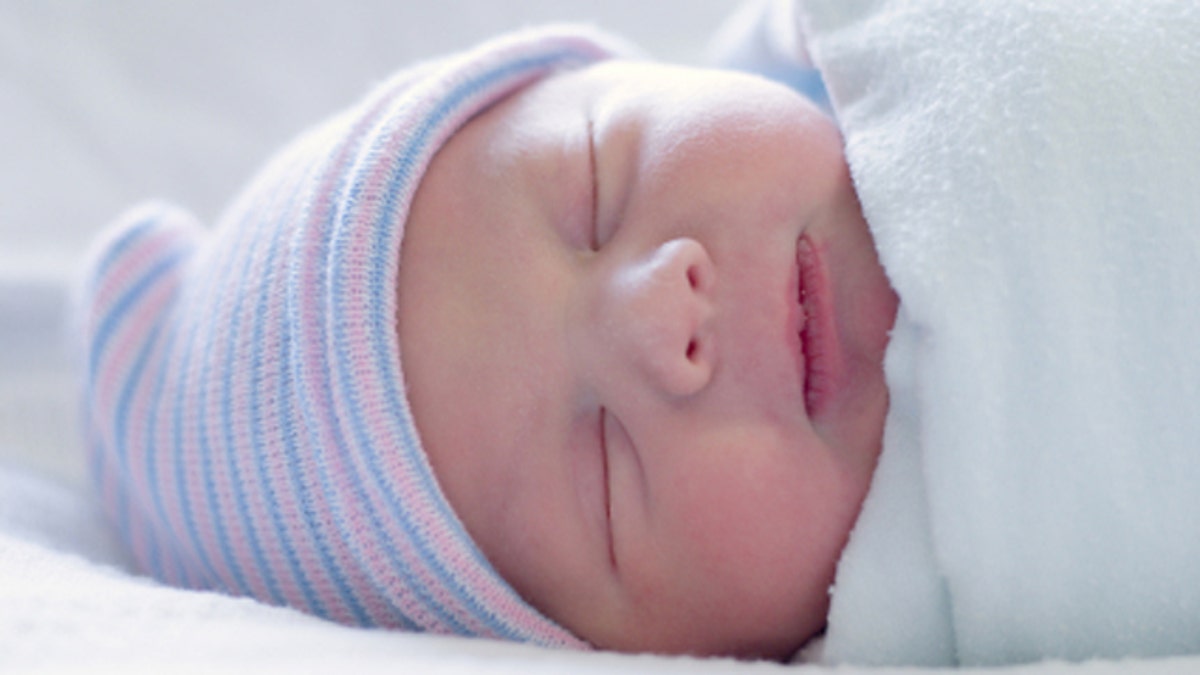
The familiar heel prick that newborns receive is revealing more about a baby's health than ever before but, as technology opens the possibility of screening newborns for hundreds of diseases, there is controversy over how much parents need to know, The Wall Street Journal reported.
Within days of an infant being born, a few drops of blood are taken from the baby's heel and tested for signs of more than two dozen different conditions, including congenital hypothyroidism and sickle-cell diseases. In many places, babies also are given tests to identify the likelihood of hearing or vision disorders.
Some states have expanded their checks, including testing for amino-acid and metabolism disorders. Many of the new conditions being looked at have no definitive treatment or it is not clear whether immediate intervention is necessary. That can present an emotional dilemma for parents who may want to know if anything is wrong with their baby but in many cases have no therapy to pursue.
"The question is no longer whether we can test for them," says Alan Fleischman, medical director of the March of Dimes Foundation, "but what we want to know."
Newborn testing identifies at least 3,400 babies with a disorder each year, according to the Centers for Disease Control and Prevention (CDC). The programs generally have focused on well-understood medical conditions in which early intervention can make a difference in a baby's life. For example, the genetic disease phenylketonuria, or PKU, if left untreated, causes a protein to build up in the body and leads to brain damage. A special diet, including low-protein foods, can prevent it.
Proponents of broader screening programs have said early intervention in a disease can improve a child's life and might speed the development of treatments for rare diseases, where symptoms often do not appear until severe damage has occurred. Often there are few specialists knowledgeable about rare disorders, and newborn screening can save families years of anguish searching for a diagnosis. Some parents also have said the information is important to know for family-planning purposes.
But critics have said the additional tests may raise flags that lead to unnecessary further testing, or treatment, for babies who will not get sick. The tests can add big additional costs to the health care system, they said. And some people are concerned about privacy, since stored blood-spot samples can be used by researchers. Some states give parents the ability to decide whether they want a child's specimens used for research purposes.
Click here to read more on this story from The Wall Street Journal.








































